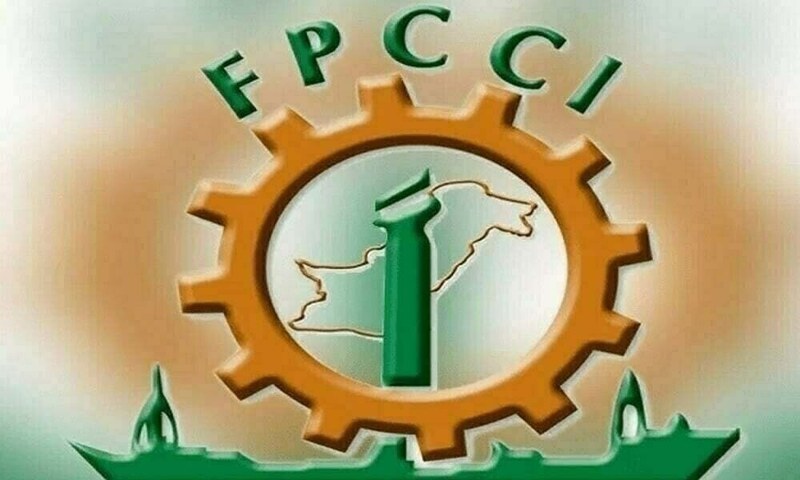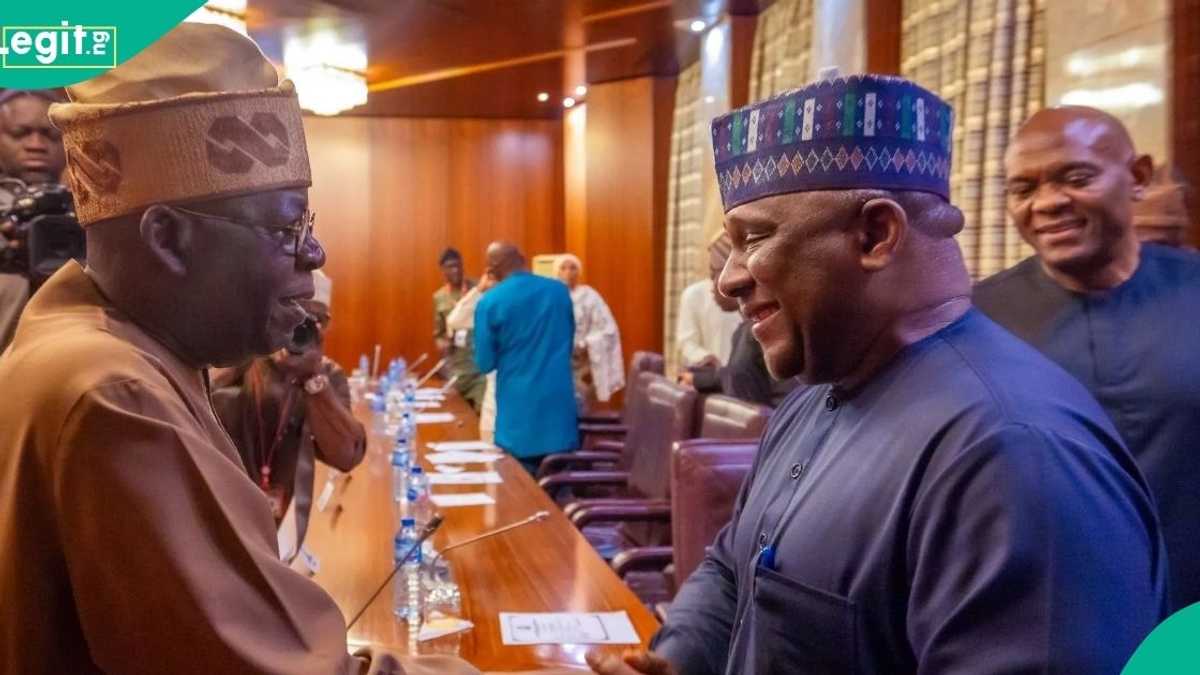Copyright brecorder

ISLAMABAD: The Federation of Pakistan Chambers of Commerce and Industry (FPCCI) has rejected the proposed positive adjustment in the Quarterly Tariff Adjustment (QTA) for the first quarter of FY2025–26, urging National Electric Power Regulatory Authority (NEPRA) to uphold regulatory integrity by rejecting the increase, maintaining the existing relief, and instituting systemic reforms in power planning and consultation processes. In a letter addressed to the Registrar, NEPRA, the FPCCI formally lodged its objections to the proposed first quarter FY2025–26 Power Purchase Price (PPP) adjustments for all ex-WAPDA distribution companies (XWDISCOs). According to the FPCCI, its review of the Q1 FY2025–26 QTA filings and determinations reveals serious flaws in demand forecasting, cost benchmarking, and regulatory oversight — issues that, it argues, will unfairly burden both consumers and industry. Distribution companies (through CPPA-G) have petitioned for positive adjustments of up to Rs 0.50 per kWh, amounting to an additional Rs 8.41 billion recovery from consumers in Q1. This, the FPCCI contends, effectively reverses the previous quarter’s relief of Rs 1.80 per unit, resulting in a drastic swing from a negative adjustment (refund) to a surcharge — a move the body calls unjustified and the result of avoidable planning and regulatory errors. The letter further noted that the Q1 FY2025–26 adjustments is largely driven by capacity charge overruns due to demand falling short of projections. With fewer units sold than anticipated, fixed capacity costs are now spread over a smaller sales volume, increasing the per-unit cost of electricity. NEPRA’s own analyses have previously highlighted this issue: in FY2022–23, only about 34.7 percent of thermal generation capacity was utilized, yet consumers were forced to bear full “take-or-pay” capacity payments on the unused 65 percent. Such underutilization directly inflates electricity costs per kilowatt-hour (kWh). The Q1 FY2025–26 data, FPCCI added, indicates a continuation of this pattern — with Discos (except a few) collectively seeking about Rs 21.7 billion in extra capacity charge recovery, partially offset by savings in other components. “This outcome points squarely to demand overestimation by CPPA-G. Had demand been forecast accurately, or capacity appropriately right-sized, much of the Rs 8+ billion net burden now placed on consumers could have been avoided,” the FPCCI stated. “We are concerned that both CPPA-G and NEPRA disregarded repeated warnings about unrealistic demand forecasts and rising capacity charges,” the Association noted. “The business community has consistently cautioned that planning based on optimistic demand growth while ignoring economic realities would backfire. Capacity payments have ballooned to nearly half of the consumer tariff — up from Rs 2/kWh a decade ago — precisely due to ad-hoc capacity additions without proper oversight. This represents a systemic lapse in regulatory responsiveness.” The proposed adjustments, FPCCI warned, would directly increase industrial electricity tariffs and nullify previous relief measures. Eliminating the uniform Rs 1.80/kWh relief and adding a new charge of up to Rs 0.50/kWh effectively raises costs by Rs 2.30 per unit in the upcoming quarter. Pakistan’s export-oriented sectors are already struggling with high power tariffs that have severely eroded competitiveness. Industrial power rates have surged to around 14 cents per kWh — nearly double the regional average — contributing to a sharp decline in textile industry power consumption. Removing existing relief and imposing new charges, FPCCI said, will exacerbate factory closures, export losses, and unemployment. The business body also noted that the Prime Minister recently announced a much-needed Rs 7.55 per unit reduction in electricity tariffs. However, if the proposed quarterly adjustment is approved — alongside the impact of the Fuel Cost Adjustment (FCA) and the withdrawal of the Rs 1.71 per unit PDL-related subsidy — the net relief for consumers would shrink to just Rs 1.07 per unit. “This will effectively nullify the intended benefit of the Prime Minister’s relief initiative,” the FPCCI warned, stressing that NEPRA must ensure its regulatory actions do not contradict or dilute policy commitments made at the highest level of government. “Consumers are not at fault for these planning and forecasting failures. They should not be penalized for institutional miscalculations,” the letter concluded. “We therefore urge NEPRA to categorically reject the proposed increase and maintain the existing negative Rs 1.80 per unit adjustment until a transparent and credible forecasting model is implemented.” FPCCI analysis has identified critical faults at both the planning and regulatory vetting stages that led to the problematic situation in this quarterly adjustment: (i) CPPA-G, as the market operator and planner, has relied on demand forecasts and capacity expansion plans that have proven grossly inaccurate. Massive capacity has been contracted on a “take-or-pay” basis without realistic demand to utilize it. Over the past few years, Pakistan has added large generation capacity on assumptions of robust demand growth that did not materialize, leaving us with surplus idle capacity and hefty capacity payments; and (ii) FPCCIalso found that NEPRA’s vetting of the quarterly adjustment petition and underlying assumptions was insufficiently critical, amounting to a lapse in regulatory diligence. NEPRA is the last line of defense to protect consumers from unwarranted costs - yet it appears to have accepted CPPA-G’s claims at face value without robust challenge. FPCCI has submitted the following proposals: (i) NEPRA must categorically reject the proposed positive quarterly adjustment for Q1 FY2025–26, as it is based on flawed planning and demand projections;(ii) consumers must not be penalized for institutional miscalculations. The existing relief of Rs 1.80 per unit must continue until demand projection models are independently reviewed and corrected;(iii) any excess capacity costs that stem from inaccurate demand projections must be disallowed from consumer pass-through. Only genuinely uncontrollable variances should be permitted;(iv) an immediate and independent audit must be initiated to review CPPA-G’s forecasting models and the impact of forecast deviations on per-unit tariffs;(v) no positive QTA should be implemented until the audit is completed and corrective recommendations are acted upon;(vi) NEPRA must formally involve key stakeholders and technical experts in future tariff determinations to prevent recurrence of similar errors;(vii) as previously implemented Petroleum Development Levy (PDL) collected on petrol is a significant source of revenue, yet it is not currently being utilized to provide any direct relief to electricity consumers. It is proposed that a portion of the PDL proceeds be earmarked specifically to subsidize electricity tariffs, especially during quarters where capacity payments and external adjustments inflate costs. Utilizing this existing levy for targeted electricity price relief would help ease the burden on consumers, align with broader energy affordability goals, and ensure that cross-sector levies are used transparently and effectively to support industries and the public. The proposed adjustment unfairly burdens consumers for errors beyond their control. NEPRA must uphold regulatory integrity by rejecting the increase, continuing the current relief, and instituting systemic reforms to planning and consultation. These actions are essential to rebuild confidence in the tariff-setting process and support economic stability. Copyright Business Recorder, 2025



